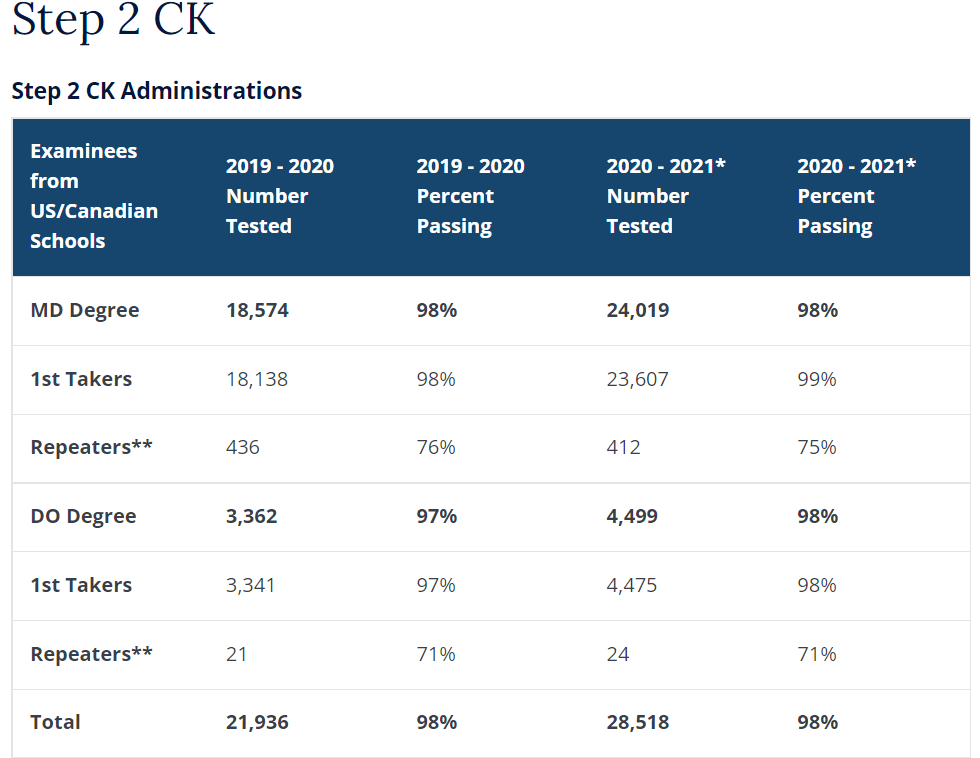Tips to Have a Successful Summer

Summer is a time of warmth, joy, and adventure. Whether you’re planning a beach vacation or just enjoying some time off from work or school, there are plenty of ways to make the most of this sunny season. But what’s the secret to a truly successful summer? Here are a few tips to help you have the best summer ever.
- Prioritize your health and well-being
Summer is a time when many of us let loose and indulge in all sorts of unhealthy habits, like drinking too much alcohol, eating junk food, and neglecting our exercise routines. But if you want to feel your best and make the most of this season, it’s important to prioritize your health and well-being. That means taking care of yourself by eating nutritious foods, staying hydrated, and getting plenty of exercise. You don’t have to give up all the fun of summer, but balance is key. Make sure you’re also getting enough rest and relaxation to recharge your batteries. - Embrace new experiences
Summer is the perfect time to try new things and embrace new experiences. Whether you’re exploring a new city, trying a new activity, or simply trying a new type of food, stepping out of your comfort zone can help you grow and learn. Don’t be afraid to say “yes” to new opportunities and adventures. You never know what you might discover or who you might meet. - Connect with others
Summer is a social season, and connecting with others is a key part of making the most of it. Whether you’re spending time with family and friends, meeting new people, or attending events and gatherings, building meaningful connections with others can bring joy and fulfillment to your summer. Make an effort to be present and engaged in your interactions with others. Put away your phone and focus on the people around you. Listen actively and be open to different perspectives and ideas. - Practice gratitude
Gratitude is an important habit to cultivate all year round, but it’s especially important in the summer. With so much beauty and abundance around us, it’s easy to take things for granted. But by practicing gratitude, we can cultivate a sense of appreciation and joy that can enhance our summer experience. Take time each day to reflect on the things you’re grateful for, whether it’s the warmth of the sun on your skin, the beauty of a sunset, or the kindness of a friend. By focusing on the good in our lives, we can create a positive mindset that can carry us through the summer and beyond.
Ready to stay motivated this summer?
Stay on track while you enjoy the beautiful weather! Give our question banks a try- FREE- using our Free Trial! Or if you’re ready to take the plunge, check out our Question Banks and find the perfect fit for you! Or, contact us with any questions you have so we can get you on the right path today!


